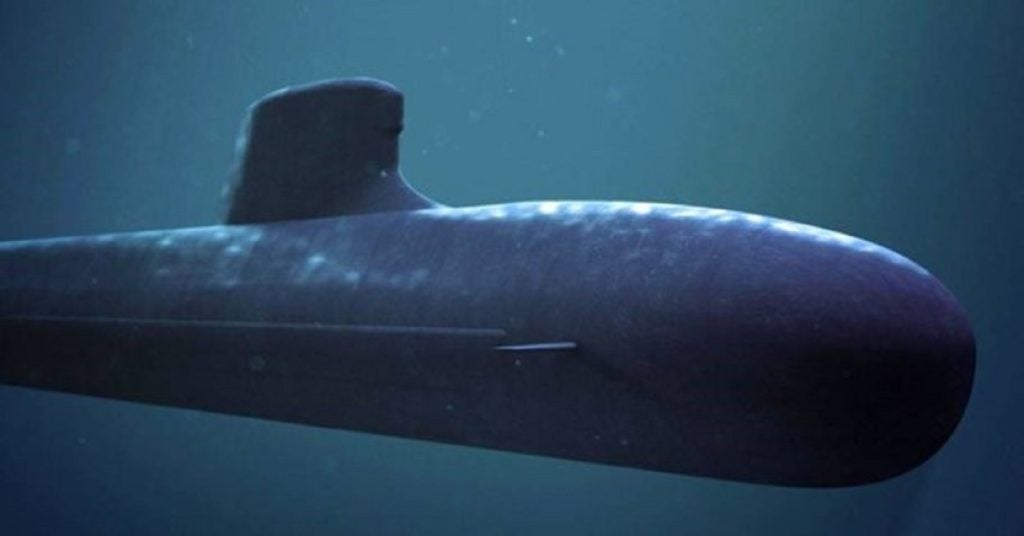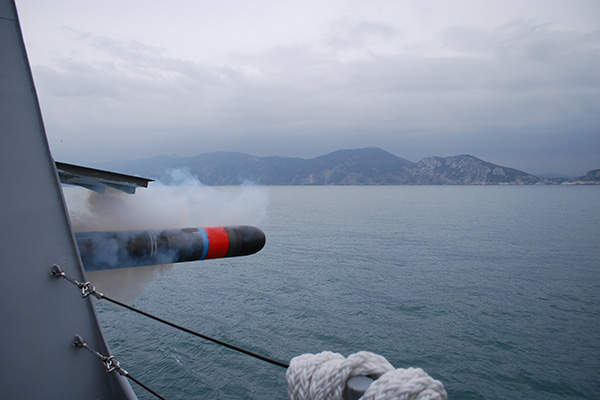Thyssenkrupp Marin Systems has served a summons on the Netherland’s Defence organisation in an effort to overturn their decision to select Naval Group to deliver four attack submarines.
This new fleet will replace the Royal Netherlands Navy’s four Walrus-class boats, acquired more than 30 years ago, according to GlobalData intelligence.
The German shipyard was one of three tenderers alongside the French awardee and the Swedish supplier, Saab Kockums, all of which submitted proposals by July 2023.
Eight months later, on 15 March 2024, the State Secretary for Defence Christophe van der Maat announced Naval Group as the provisional winner, until such time as the House of Representatives convened to affirm the decision.
However, at the time, there was considerable debate in the Hague regarding the decision to award a French company the contract for fear of denying the nation’s own industrial base in the submarine development.
A Member of the House of Representatives, Chris Stoffer, voiced this concern at the time in a post on the social media platform X: “do not leave Dutch maritime companies out in the cold!”
Walrus-class replacement programme
GlobalData projects the cost of the submarine replacement programme to amount to $1.9bn (€1.76bn) over the next ten years.
Under the provisions that will enter into force, Naval Group will deliver the first two new submarines within ten years following the signing of the delivery contract.
The Ministry of Defence has taken measures to ensure that the current Walrus-class fleet can safely remain in service until the mid-2030s. Two of the four boats will be phased out of service. This will keep spare parts available for the remaining boats, which will require more maintenance as they age.
According to Van der Maat, Naval Group submitted “a balanced, multifaceted and realistic tender.”
He went on to stress that Dutch industry will be playing a substantial role in building and maintaining the submarines. This involvement was said to be a key award criterion, which will benefit Dutch businesses and foster the further development of the Netherlands’ knowledge position.
A unique attack submarine
The four new boats will be a considerable improvement in terms of their design and in a host of other areas. The ability to launch cruise missiles, for example, will substantially increase striking power.
Furthermore, with the latest sensors and communication systems, the new submarines will be even better equipped than their predecessors to gather, analyse and share intelligence, which can be decisive in each phase of a conflict as well as in peacetime.
Because of modern battery technology, the boats will also have a larger energy capacity. This will allow them to remain submerged for longer and operate without raising a snorkel in order to use the diesel engines to charge the batteries. They will therefore be even quieter and less vulnerable to detection by the enemy











